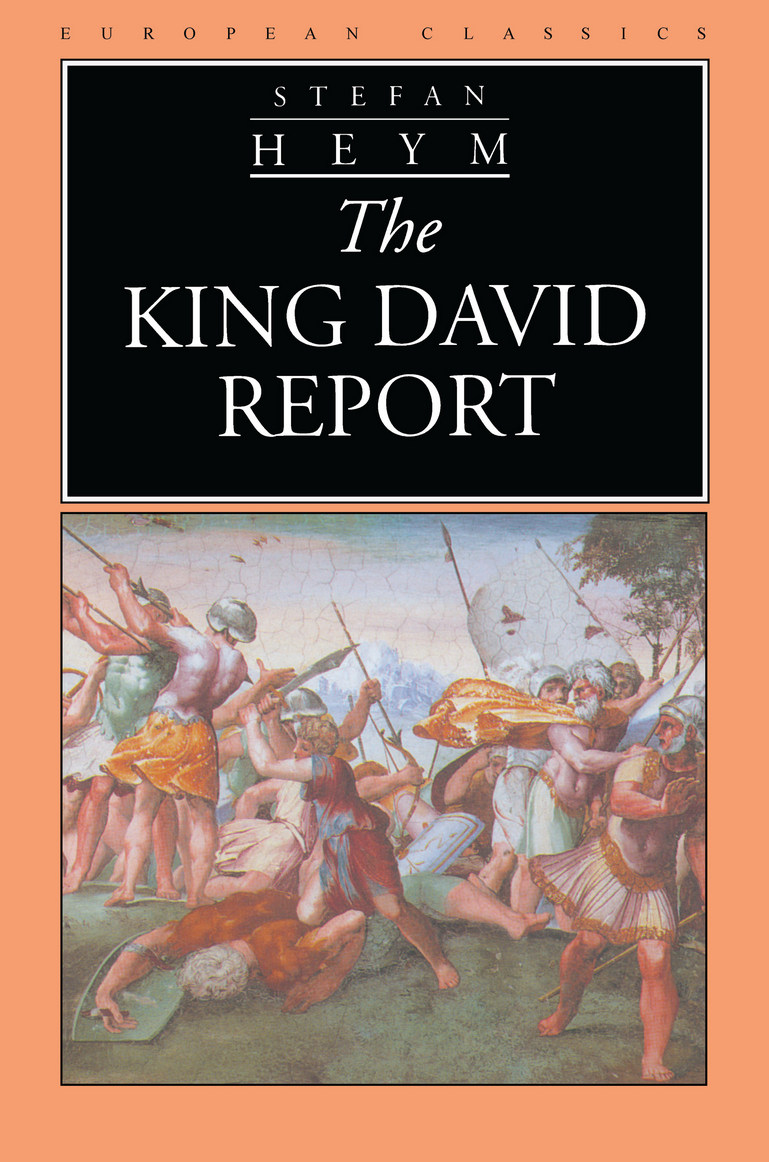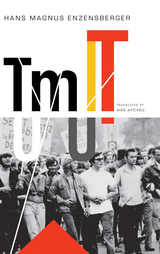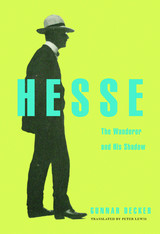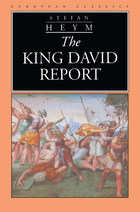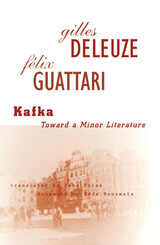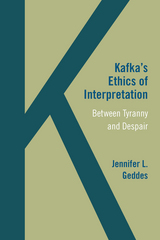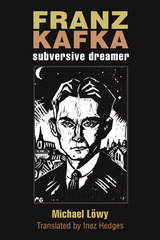The King David Report
Northwestern University Press, 1997
Paper: 978-0-8101-1537-8
Library of Congress Classification PT2617.E948K65 1997
Dewey Decimal Classification 833.914
Paper: 978-0-8101-1537-8
Library of Congress Classification PT2617.E948K65 1997
Dewey Decimal Classification 833.914
ABOUT THIS BOOK | AUTHOR BIOGRAPHY | REQUEST ACCESSIBLE FILE
ABOUT THIS BOOK
In this retelling of the biblical story, King Solomon commissions Ethan the Scribe to write the official history of King David. In return for the finest cooking in the land and the wages of a minor prophet, Ethan must write a proper record, full of glory and battles, statecraft and honor--a tribute to David and, of course, to Solomon, his heir. But as Ethan explores the story, he finds another life hidden behind the iron curtain dividing past from present: the story of a David who seduced, lied, bragged, and plundered his way to power. Ethan wonders: which life should be reported in the King David Report?
Written by one of Germany's most acclaimed dissident authors, The King David Report is both an analysis of the writer's obligations to truth, and an astute satire on the workings of history and politics in a totalitarian state.
Written by one of Germany's most acclaimed dissident authors, The King David Report is both an analysis of the writer's obligations to truth, and an astute satire on the workings of history and politics in a totalitarian state.
See other books on: David | History of Biblical events | Israel | Kings and rulers | O.T
See other titles from Northwestern University Press
